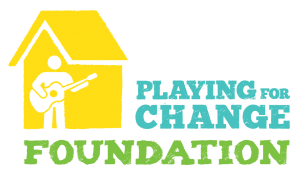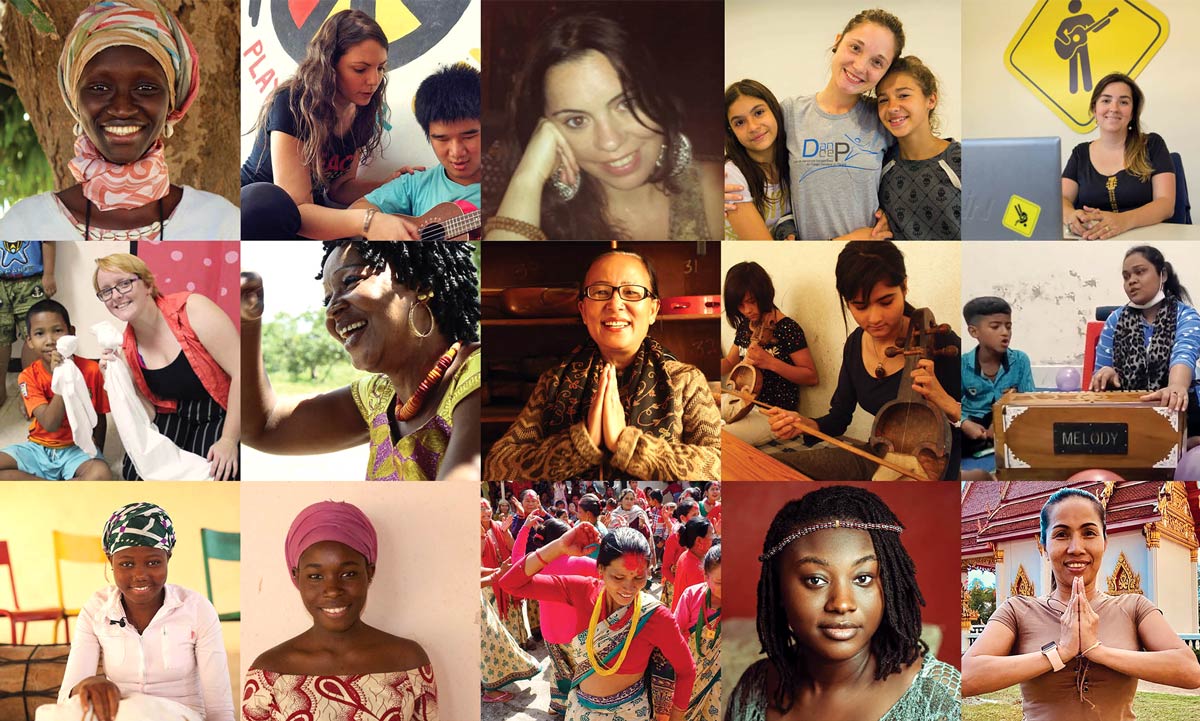
What does it mean to feel empowered? To be seen, heard, and feel you have a valued role in society? For the women who lead PFCF programs around the world and guide young people as teachers, this is a crucial question. We asked them what they think will improve the world for women and why not only gender equality but also women as leaders are so important. They also shared with us how the music program has a key role to play to improve and strengthen opportunities for girls and young women.
![]()
As Khlong Toey Music Program Director and Co-founder, Gigi Nemrod told us “I hope that through our program, we're introducing our students to positive female role models, but also that through arts education we are teaching them that they can express themselves, learn anything they want to learn and be whoever they want to be.”
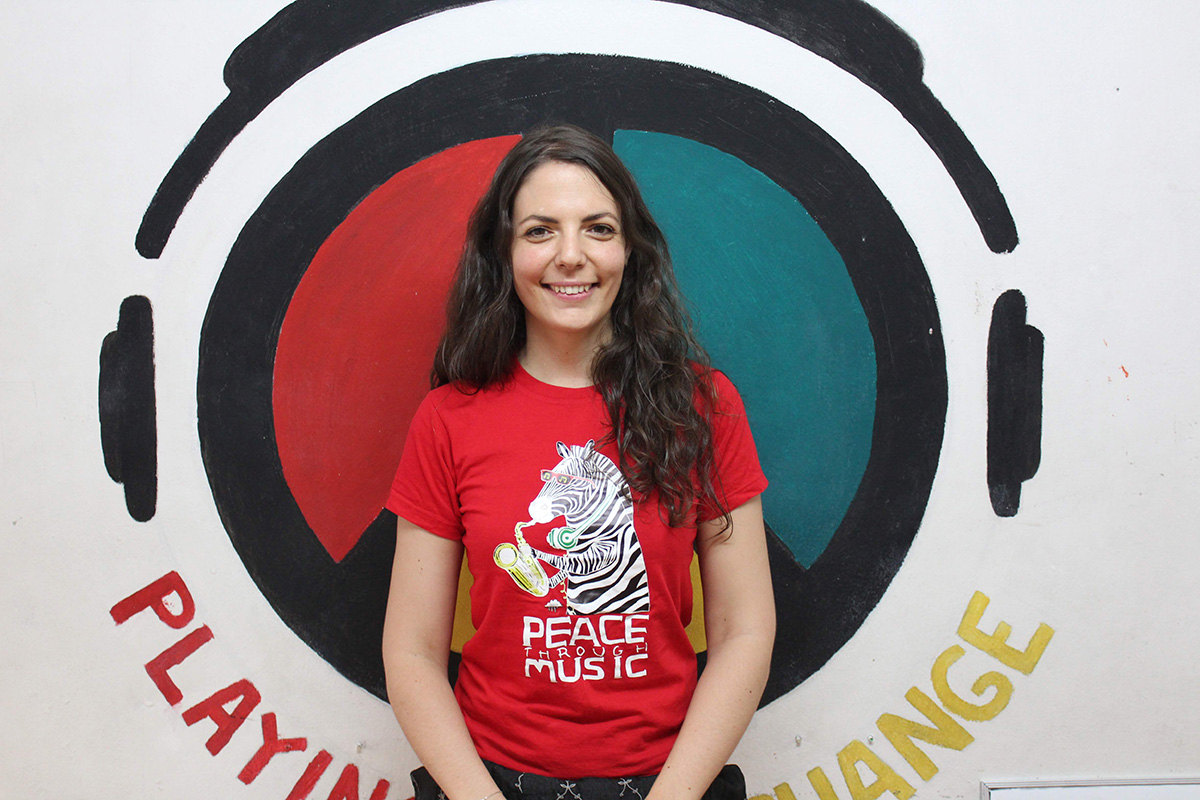
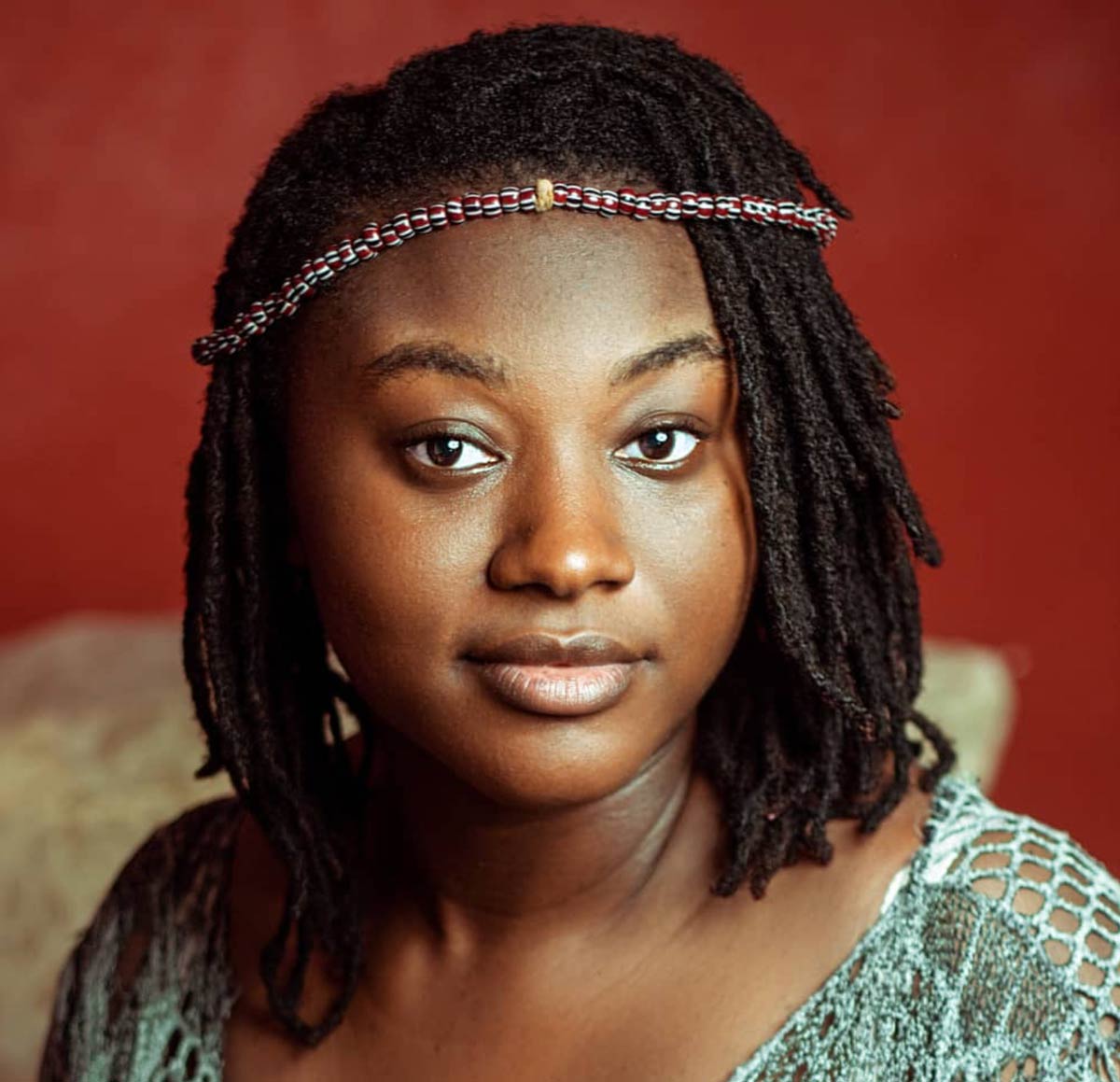
Ama, vocalist and vocal teacher at the Bizung School in Ghana shared, "For my part of the world, Africa, Ghana there has been a societal construct that a woman has achieved nothing in her life if she is unmarried and hasn’t had children within a certain age period. No matter how successful she is in her career, she is still "not complete" without a husband and a child(ren)... music can be used as a medium of communicating and educating the general public on the opportunities that are available for women beyond their domestic lives."
Throughout this month we’ll be sharing more thoughts and stories from the powerful and dynamic women of PFCF.
We’ve seen the evolution since PFCF was founded nearly 14 years ago that the music programs, through the communities where they live, could be an integral part of addressing gender inequality and creating more opportunities for women and girls, which began with the creation of the Mother’s Society over a decade ago.
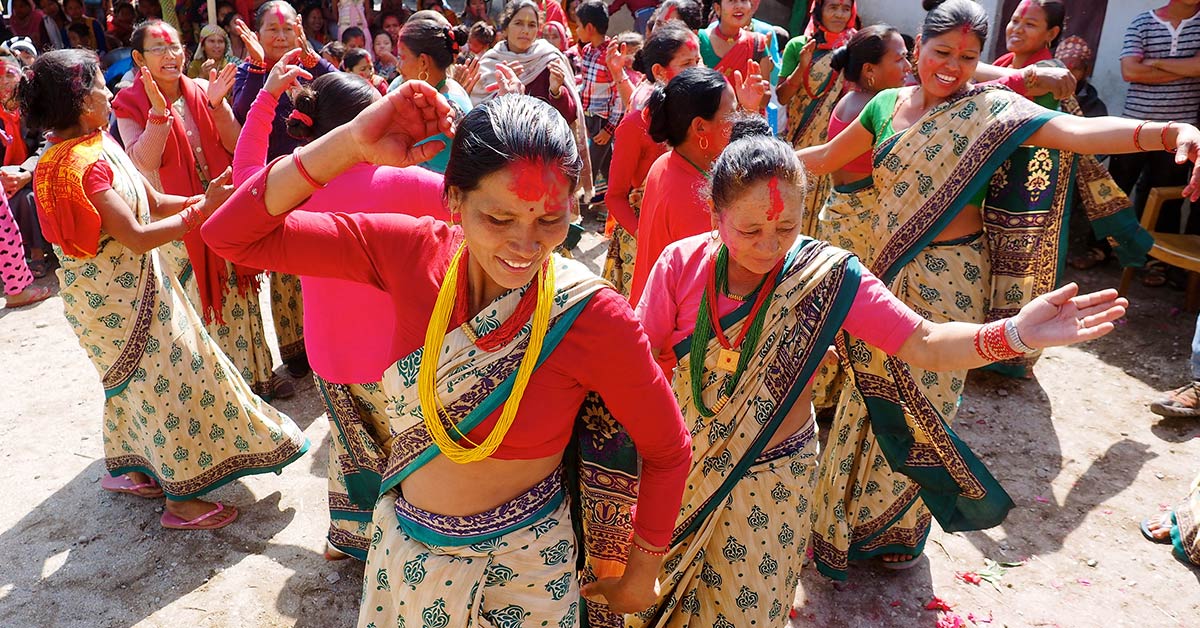
Whether it’s the Mother’s Society in rural Nepal using the power of their voice to tackle taboo topics around gender, child marriage, sex trafficking, and the rights of women and children, to increasing girls participation in Morocco through traditional music or mentoring teenage girls through dance, it’s become clear that art can make a tangible difference in people’s lives. An investment in more women as teachers, staff, and program leaders is not only valuable but also necessary.
